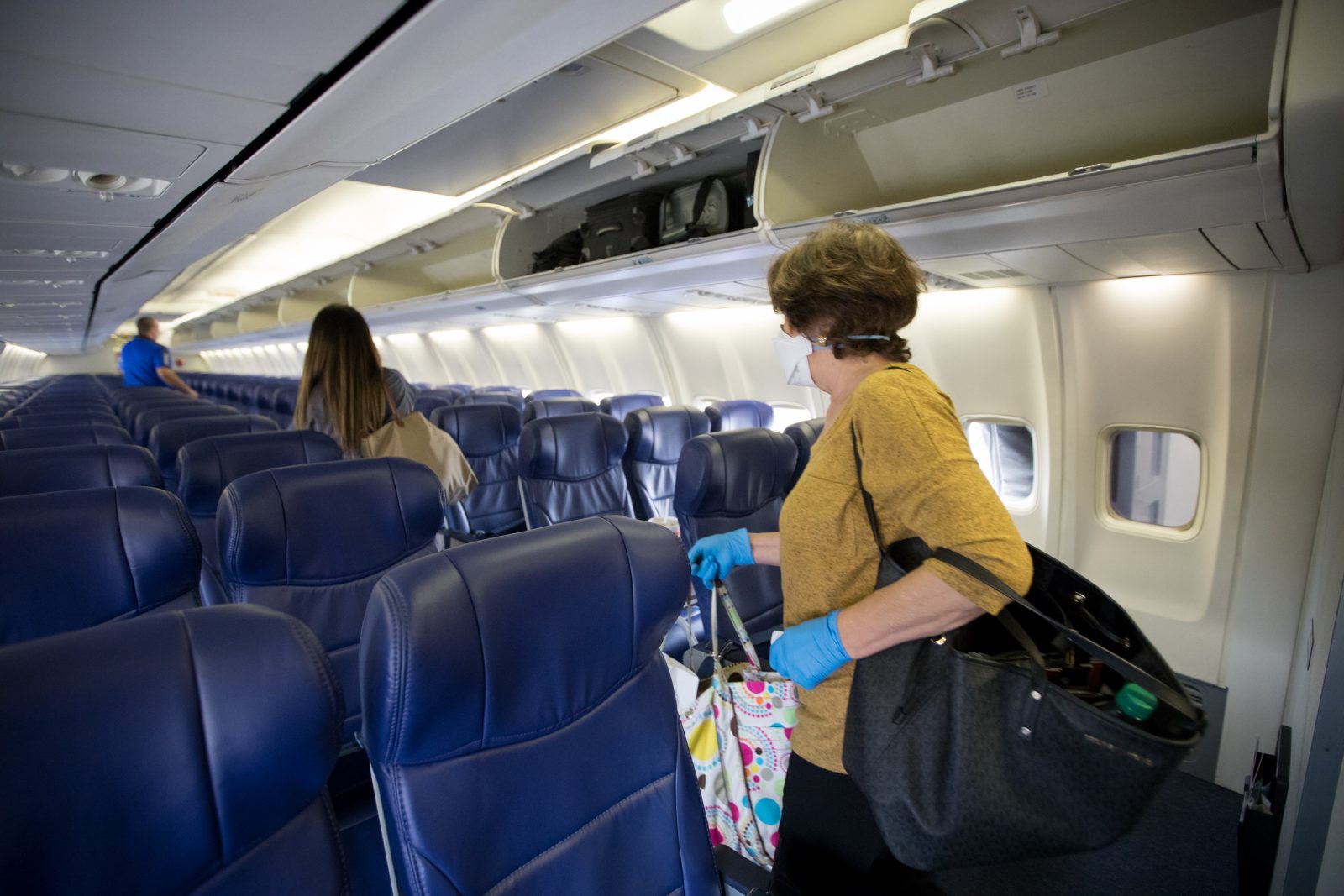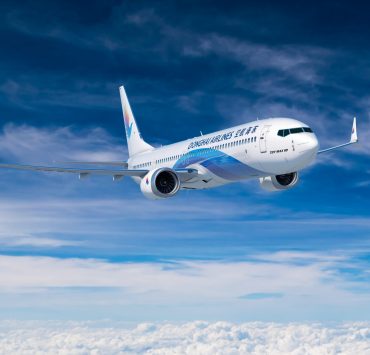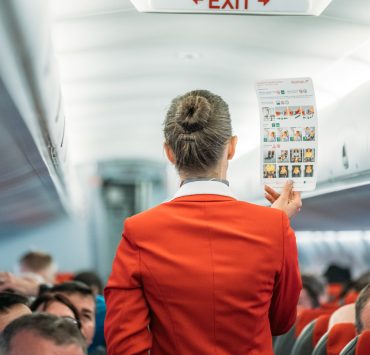
The time in which passengers no longer have to wear face masks onboard airplanes and in airports could be approaching a lot sooner than anyone thought after the Centres for Disease Control and Prevention [speaker-mute tab=”span”](CDC)[/speaker-mute] released new guidance on when and where people who are fully vaccinated against COVID-19 need to wear a mask.
Since May 2020, U.S. airlines have made the wearing of a face mask or other approved covering compulsory for nearly all passengers. Only limited exceptions exist for very young children under two years old or passengers with disabilities that make it all but impossible to wear a mask.
The strict rules were recently backed up by an open-ended federal face mask mandate introduced shortly after President Joe Biden entered the White House. But could one of the most obvious symbols of the covid-era ‘new normal’ be potentially dropped in just a matter of months as highly-effective vaccines are rolled out?
The powerful aviation trade group represents some of the biggest airlines in North America including American, Delta and United Airlines, as well as Southwest, Hawaiian and jetBlue.
[speaker-voice name=”en-GB-Wavenet-A”]”We continue to work with the CDC and other appropriate authorities to ensure the implementation of travel policies and measures that prioritize the safety and wellbeing of all passengers and employees,”[/speaker-voice] the spokesperson continued.The comments from A4A came shortly after the CDC published new highly-anticipated guidance when fully vaccinated people can choose not to wear a face mask. These situations currently include:
- When visiting other fully vaccinated people indoors
- When visiting unvaccinated people from a single household, if the unvaccinated people are at low risk of serious illness from COVID-19
Fully vaccinated people can also skip quarantine if exposed to COVID-19 so long as they remain asymptomatic and self-monitor for a full 14-days.
Someone is classed as ‘fully vaccinated’ when two weeks have passed after their second dose of either the Pfizer [speaker-mute tab=”span”]/ BioNTech[/speaker-mute] or Moderna vaccines, or two weeks after the single-shot Johnson & Johnson jab.
For the time being, however, the CDC says fully vaccinated people should continue to wear a face mask when in public, when around unvaccinated people who are at increased risk of severe illness, or when visiting unvaccinated people from multiple households.
The updated guidance arrived too late for five states that have already dropped statewide face mandates – Texas, Mississippi, Iowa, Montana and North Dakota have either already dropped or are in the process of dropping mask mandates and in doing so join 11 other states that never had statewide rules.
Decisions from individual states, however, won’t trump the federal face mask mandate that will continue to apply to U.S. airports and airlines.
Plummeting COVID-19 infection numbers, a successful vaccination programme, and new evidence that suggests vaccination can prevent transmission of COVID-19 will put increasing pressure on the Biden administration to roll back safety measures sooner rather than later.
While face masks have proved helpful for airlines, they also claim to have introduced “multiple layers of measures aimed at preventing virus transmission onboard the aircraft” – these include ‘strict face mask requirements’, as well as disinfection programs, social distancing rules, aircraft air filtration systems and pre-departure health acknowledgements.
U.S. airlines have broadly welcome pre-departure testing rules for international flights but have outright rejected the idea for domestic services, claiming such a rule would just force passengers onto other modes of transport that are less safe than flying.
Information correct at time of publication. Please visit the official CDC website to check for updates.
Mateusz Maszczynski honed his skills as an international flight attendant at the most prominent airline in the Middle East and has been flying throughout the COVID-19 pandemic for a well-known European airline. Matt is passionate about the aviation industry and has become an expert in passenger experience and human-centric stories. Always keeping an ear close to the ground, Matt's industry insights, analysis and news coverage is frequently relied upon by some of the biggest names in journalism.









